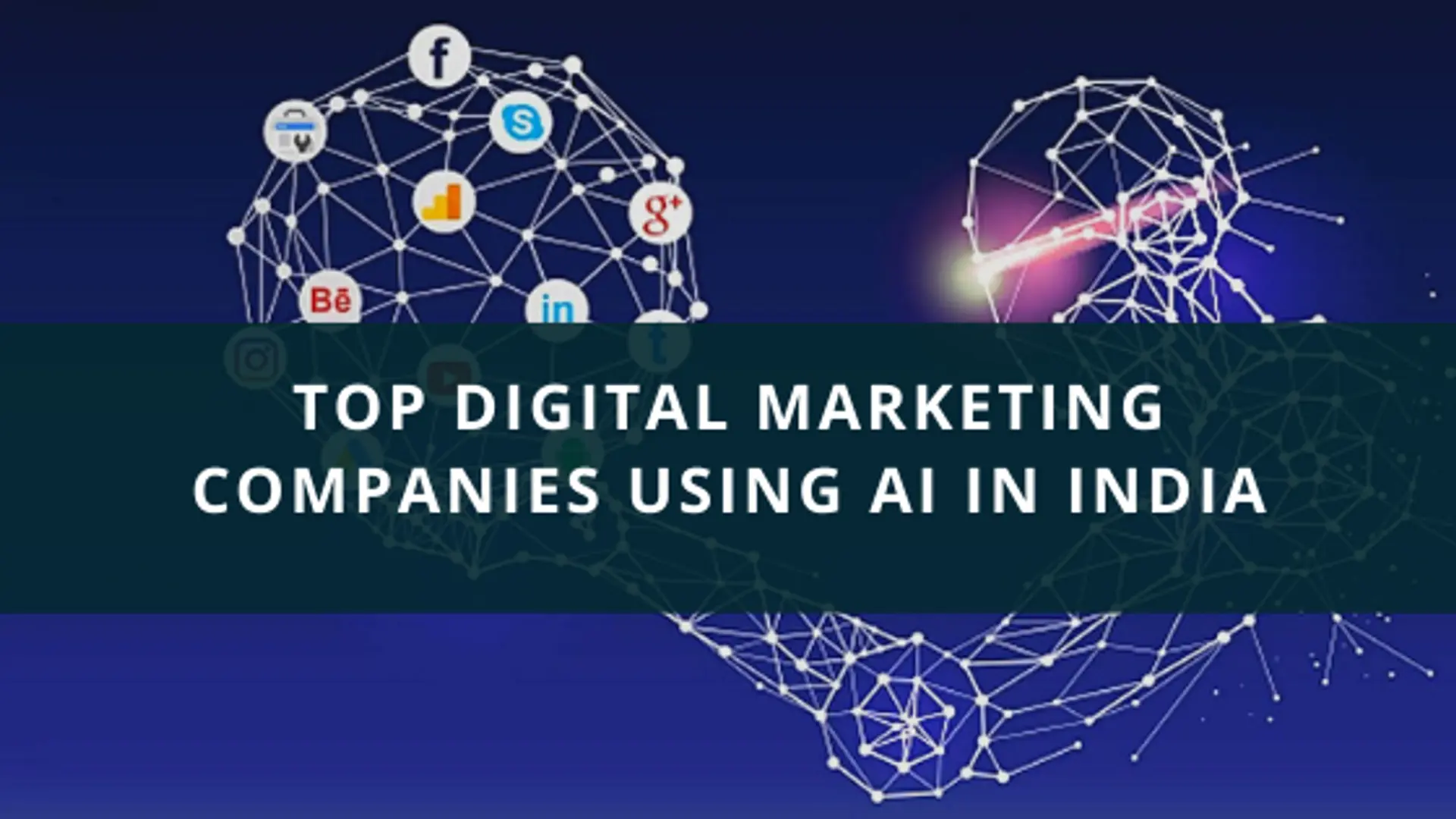

Why Data Becomes The Next Frontier for the Economy
The rapid growth of data, facilitated by the use of connected devices and Internet of Things, are hard to imagine. The Big Data boom is on the horizon and the impact of data will only increase for the economy of the future.
According to IDC, 463 exabytes of data will be created each day by 2025, which equals to 212,765, 957 DVDs released every day. The burning question right now is how to enable the global data marketplace, where business can benefit from all the data they generate every day. Data rapidly becomes a strategic asset that can be sold, shared or and exchanged.
Data Has No Mechanisms To Be Handled Profitably
The importance of data-driven decisions and actionable intelligence in the age of digitalization is obvious for many companies. At the same time it is very challenging for businesses to evaluate the potential of different types of data and the ways to make profit from the volumes of various types of data. It is also hard to imagine the future of data economy because data is complex and time consuming to analyse and apply, as there are no proper marketplaces for the monetization of data so far. In addition there are no mechanisms to ensure high level security to protect sensitive data. The goal to keep up with the technology and find edge in the digital economy makes businesses significantly increase budgets on digital transformation, according to the recent IDC Spending Guide.
Data As An Asset in The Security Perspective
As the connectivity growth, the risks of privacy and security also increase dramatically. The mix of the newest technologies like AI, Big Data and IoT makes it difficult to secure all the data produced via smart devices due to the vulnerabilities, which comes from the internet. The number of tech startups that develop cybersecurity solutions, enabling secure and efficient data sharing and monetization, are rapidly growing. These are several examples of the solutions that helps secure sensitive data in different areas of human interactions:
Immuta helps give immediate insights across all the sensitive data across a number of corporate channels. It also gives the control of who accesses company data and why.
HyperSphere, a decentralized, secure cloud that aim to create secure ecosystem to allow businesses store, share and monetize their data and computer resources.
Another company, Datum, works to allow individuals to share and monetize data from all their social network, wearables, smart home devices in private and anonymous ways.
Enhanced Data Security Can Enable Data Economy
Here is some statistics, proving that Internet should be re-invented from the point of view of security issues in the upcoming increased connectivity. It will enable data economy to flourish. Meanwhile, businesses are struggling to extract value from their big data:
- Just 4% of businesses able to monetize their data.
- 68% of companies plans to undertake a digital transformation to gain edge to their data-centric business processes.
- By 2020 the digital data will reach 44 trillion gigabytes, a tenfold increase over 2013. But most companies are still at the beginning of their journey to finding ways to get the value from all the data they collected.
Data has been slowly transforming the nature of current companies, infrastractures and economics. Data has been extracted, refined and valued. With the data valuation comes the new regulations and rules, and soon, perhaps, there will be more ways to sell and buy data.




